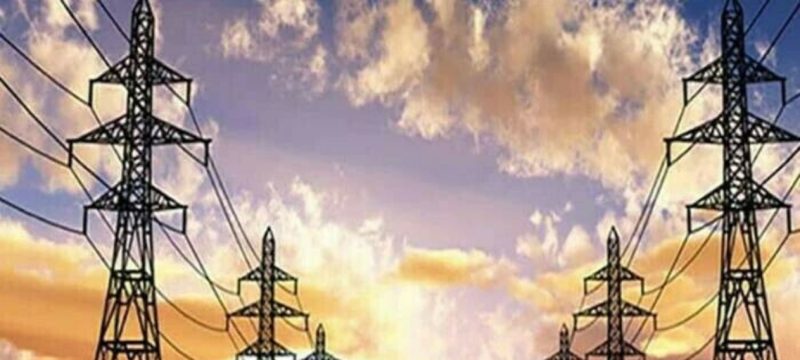Karachi, Pakistan – In a significant development, K-Electric (KE) has agreed to pay the Sindh government a substantial amount of Rs9 billion in electricity duty. This agreement marks the resolution of a longstanding dispute between the provincial government and the utility company.
The Agreement: A Step Towards Resolution
The Sindh government had been at odds with KE over the payment of electricity duty for several years. After extended negotiations, the utility provider has now committed to clearing its outstanding dues. This agreement is seen as a major step toward restoring cooperation between the provincial government and the power supply company.
The Sindh government had raised concerns regarding K-Electric’s non-payment of electricity duty, which had accumulated over time. The Rs9 billion payment is expected to address these concerns and help improve the financial relationship between the two parties.
KE Details of the Payment
The payment, amounting to Rs9 billion, is a settlement for the electricity duty that KE owes to the provincial government. The duty is levied on electricity consumption in the province, and K-Electric, as the primary electricity supplier to Karachi, has been the subject of this dispute.
Read Also : KE Agrees to Pay Sindh Rs9b Electricity Duty
This amount is part of an agreement that aims to resolve past financial issues between the Sindh government and KE. The electricity duty is an important revenue source for the provincial government, and this payment will significantly contribute to the Sindh government’s budget.
The Significance of the Payment
The payment of Rs9 billion is not just a financial settlement but also a significant step in improving the relationship between KE and the Sindh government. For years, the dispute over the payment of electricity duty had been a source of tension. Now, with this agreement, both parties can move forward with a clearer understanding.
This payment is expected to have a positive impact on K-Electric’s operations as well. By resolving the dispute, the company can focus on its core operations of electricity distribution, without the burden of legal or financial issues hanging over its head.
Looking Ahead: Future Implications
With the Rs9 billion electricity duty dispute now behind them, K-Electric and the Sindh government will likely continue their cooperation in the future. The resolution of this issue may also serve as a precedent for resolving other such disputes between provincial governments and power distribution companies across Pakistan.
The payment is expected to help in the smooth running of K-Electric’s operations in Karachi, ensuring that the company can continue to provide electricity to the city without interruptions. Moreover, the Sindh government’s finances will benefit from the payment, which will be used for various development projects and public services in the province.
Public Reaction to the Agreement
The news of K-Electric agreeing to pay Sindh Rs9 billion in electricity duty has been met with mixed reactions. While some citizens have welcomed the move as a positive step toward resolving the dispute, others remain concerned about the long-term impact on electricity tariffs and services.
Some Karachi residents hope that this agreement will lead to better electricity supply and fewer power outages. However, others fear that the payment might result in an increase in electricity tariffs in the future to cover the costs. Despite these concerns, the agreement marks a positive development in the ongoing relationship between K-Electric and the Sindh government.
K-Electric’s agreement to pay Sindh Rs9 billion in electricity duty is a major milestone in the resolution of a long-standing dispute between the utility company and the provincial government. This agreement paves the way for improved financial relations and cooperation in the future. As both parties move forward, it remains to be seen how this development will affect the electricity supply and services in Karachi. Nonetheless, this settlement is a crucial step in addressing the financial challenges faced by both K-Electric and the Sindh government.







